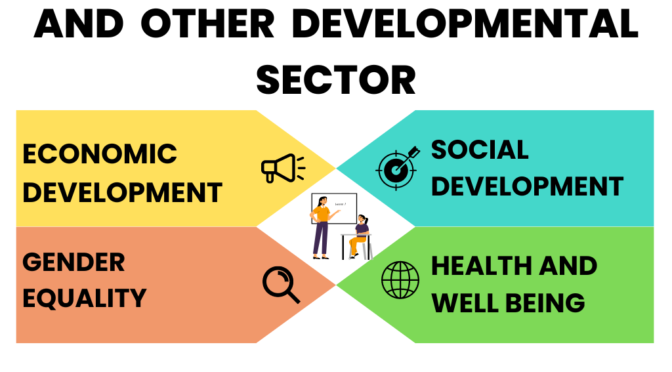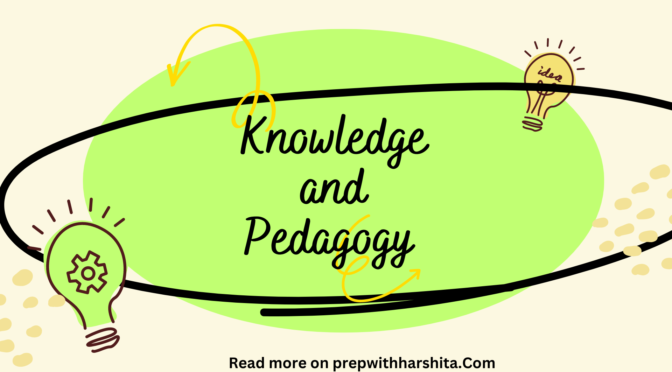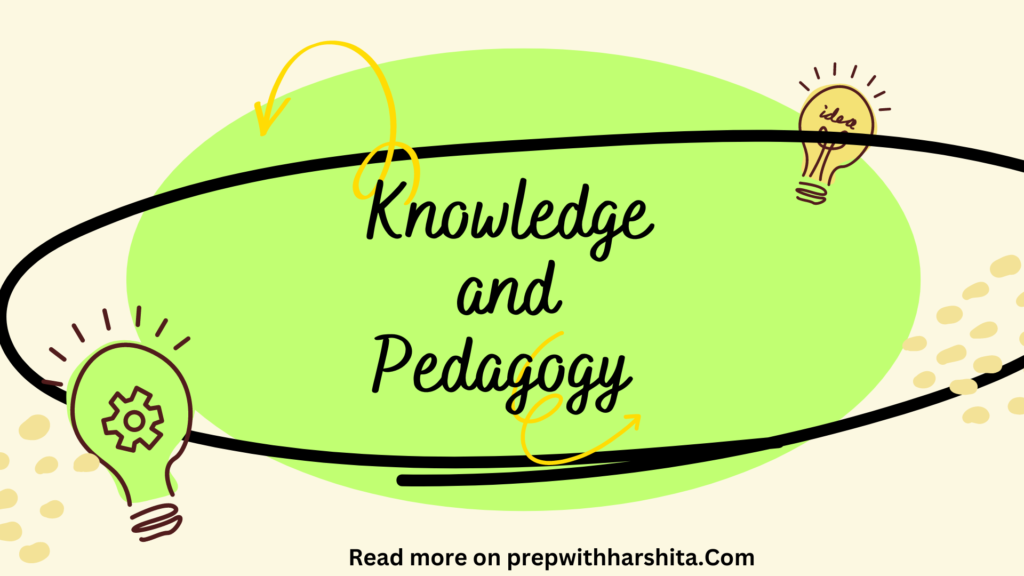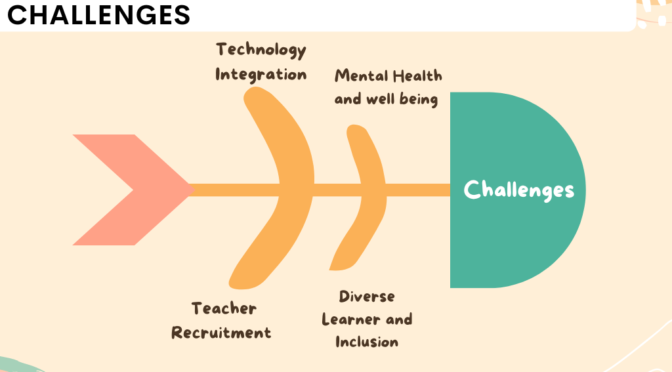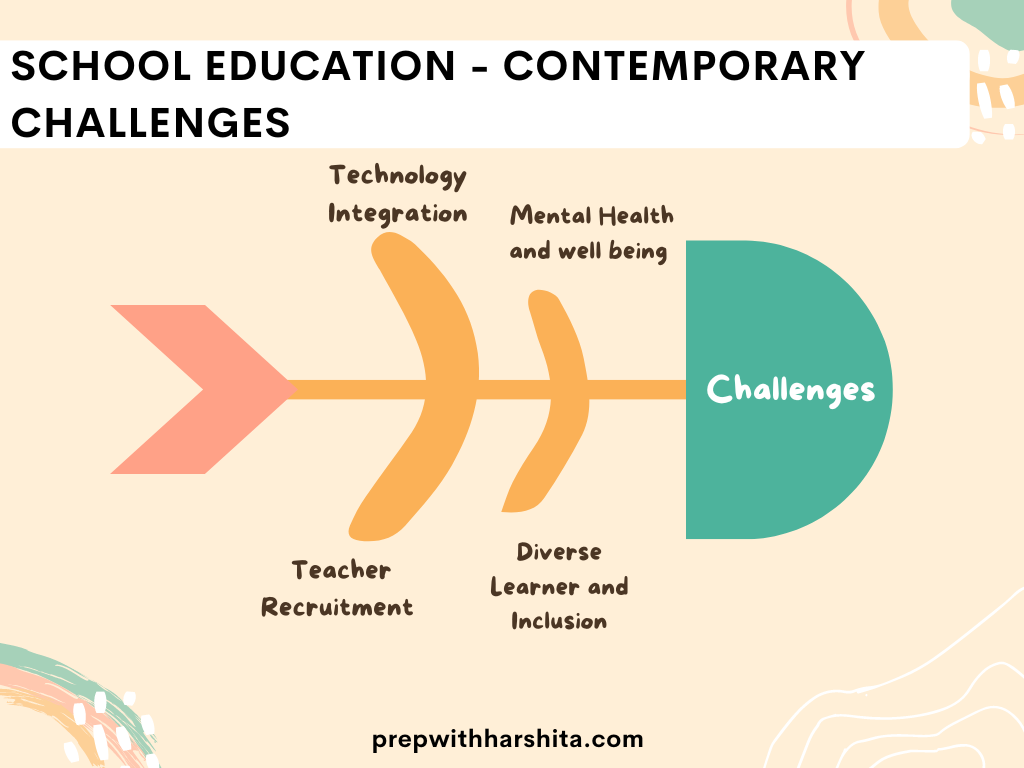Education is intricately linked to various development sectors as it plays a critical role in shaping individuals, societies, and economies.
Here is a detailed exploration of the linkage between education and other development sectors:
- Economic Development: Education is a key driver of economic development. It equips individuals with knowledge, skills, and competencies necessary for employment, productivity, and innovation. Educated individuals are more likely to secure higher-paying jobs, contribute to economic growth, and participate actively in the labor market. Additionally, education fosters entrepreneurship, promotes technological advancements, and enhances workforce productivity, all of which are vital for economic development.
- Social Development: Education is closely connected to social development by addressing social challenges, promoting social cohesion, and fostering social mobility. Education can contribute to reducing poverty and inequality by providing individuals with opportunities for upward social mobility. It promotes social inclusion by equipping marginalized groups, such as girls, minorities, and individuals with disabilities, with the necessary skills and knowledge to participate fully in society. Education also plays a crucial role in promoting social values, tolerance, and respect for diversity.
- Health and Well-being: Education has a significant impact on health and well-being. It enhances individuals’ understanding of health-related issues, promotes healthy behaviors, and empowers them to make informed decisions about their well-being. Education contributes to the prevention of diseases, the reduction of child and maternal mortality rates, and the improvement of overall public health. Educated individuals are more likely to adopt healthy lifestyles, access healthcare services, and contribute to creating healthier communities.
- Gender Equality: Education is essential for achieving gender equality and empowering women and girls. It helps break down gender stereotypes, promotes equal opportunities, and fosters gender-sensitive societies. Education enables girls and women to develop skills, knowledge, and confidence, leading to improved economic prospects, increased decision-making power, and greater social and political participation. By investing in girls’ education, societies can reap long-term benefits in terms of reduced poverty, improved health outcomes, and increased gender equality.
- Environmental Sustainability: Education plays a crucial role in promoting environmental sustainability and addressing climate change. It raises awareness about environmental issues, fosters a sense of responsibility, and equips individuals with the knowledge and skills needed to adopt sustainable practices. Education empowers individuals to make informed decisions about resource management, conservation, and climate action. It also contributes to creating a future generation that is environmentally conscious and capable of finding innovative solutions to environmental challenges.
- Peace and Security: Education is intricately linked to peacebuilding and conflict resolution. It promotes tolerance, understanding, and respect for diversity, thereby contributing to the prevention of conflicts and the building of peaceful societies. Education can help transform societies affected by conflict by providing opportunities for reconciliation, social cohesion, and dialogue. It equips individuals with critical thinking skills, communication abilities, and conflict resolution strategies necessary for peaceful coexistence.
The linkage between education and other development sectors highlights the multifaceted role of education in fostering holistic development. Collaboration and coordination among various sectors are crucial for maximizing the impact of education on overall development.
By recognizing and strengthening these linkages, societies can leverage the transformative power of education to achieve sustainable development goals and create inclusive, prosperous, and harmonious communities.
Also Read: Knowledge and Pedagogy
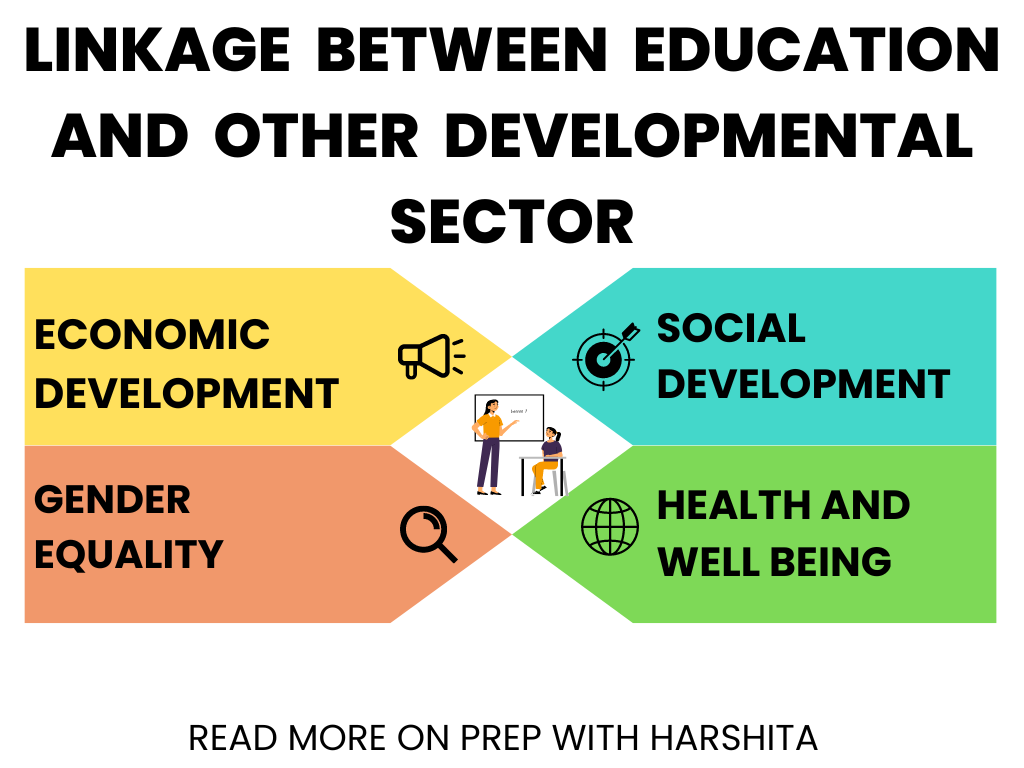
Also, Visit: Prep with Harshita

